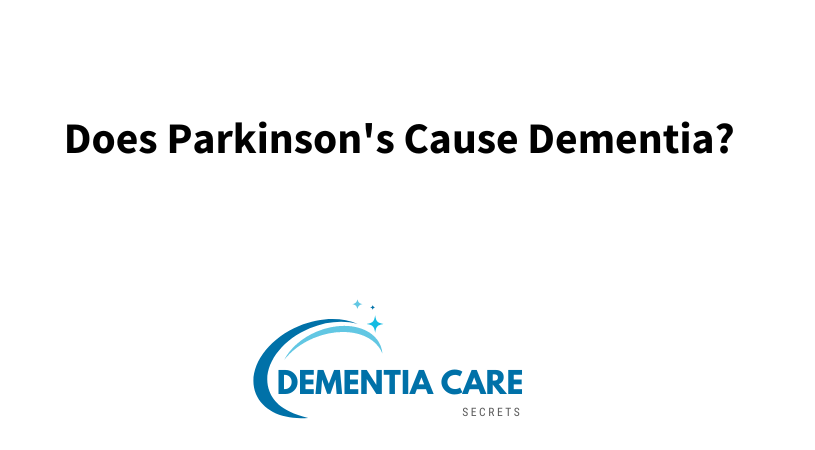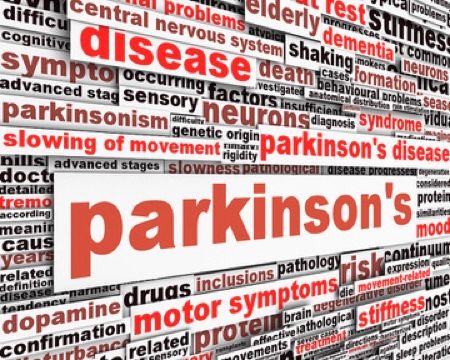Does Parkinson's Cause Dementia?
While Parkinson's itself does not directly cause dementia, it can increase the risk of developing dementia due to genetic mutations or environmental factors.

Parkinson's disease is a disruptive movement disorder that can affect daily activities and cognitive function, including memory loss or dementia. It is more common in individuals aged 50 and older, but younger people with a family history of the disease can also be at risk. Parkinson's is caused by a lack of dopamine in the brain, which leads to physical symptoms like tremors, muscle rigidity, and coordination problems. While Parkinson's itself does not directly cause dementia, it can increase the risk of developing dementia due to genetic mutations or environmental factors.
Diagnosing Parkinson's disease is challenging, as there is no single test that can confirm the condition. Medical history, neurological examinations, and imaging scans are often used to rule out other ailments with similar symptoms. Treatment options for Parkinson's include medication to replace lost dopamine, deep brain stimulation, and, in severe cases, surgery. However, these treatments cannot stop the progression of the disease, only delay it.
Parkinson's disease can lead to complications such as sleep disorders, tremors, cognitive decline, and mental health issues. Over time, some individuals may develop Parkinson's disease dementia or dementia with Lewy bodies (DLB). The presence of Lewy body proteins in the brain can cause changes that lead to cognitive decline and dementia. Proper diagnosis is crucial for determining the appropriate treatment, which may involve medication, cognitive training, behavioral interventions, and stimulating activities.
In conclusion, Parkinson's disease does not directly cause dementia, but it can increase the risk of developing dementia due to genetic and environmental factors. The disease is characterized by motor symptoms such as tremors and muscle rigidity, but over time, cognitive problems can also arise. Diagnosis of Parkinson's and related dementias is complex, and treatment focuses on managing symptoms and improving the individual's quality of life. Non-drug approaches, such as cognitive training and engaging activities, can also be beneficial in supporting individuals with Parkinson's disease and dementia.
You might also like this article:








